All the excitement over last weekend’s golf Open Championship in St Andrews got me thinking about the last (and only) time I attended – not as a fan, but as staff.
I worked as a waitress in a VIP tent that they tried very hard to pretend wasn’t a tent, by adding a proper bar and carpet and potted plants. I didn’t see any live golf action but, then, the VIPs didn’t seem to either.
Sitting metres away from the tournament taking place just on the other side of a thin layer of grubby canvas, lots of them stayed in the tent for most of the Open and watched it on big screen TVs instead. And some of them had flown from America and Australia to do it. I still feel as astounded by this now, more than a decade later, as I did then.
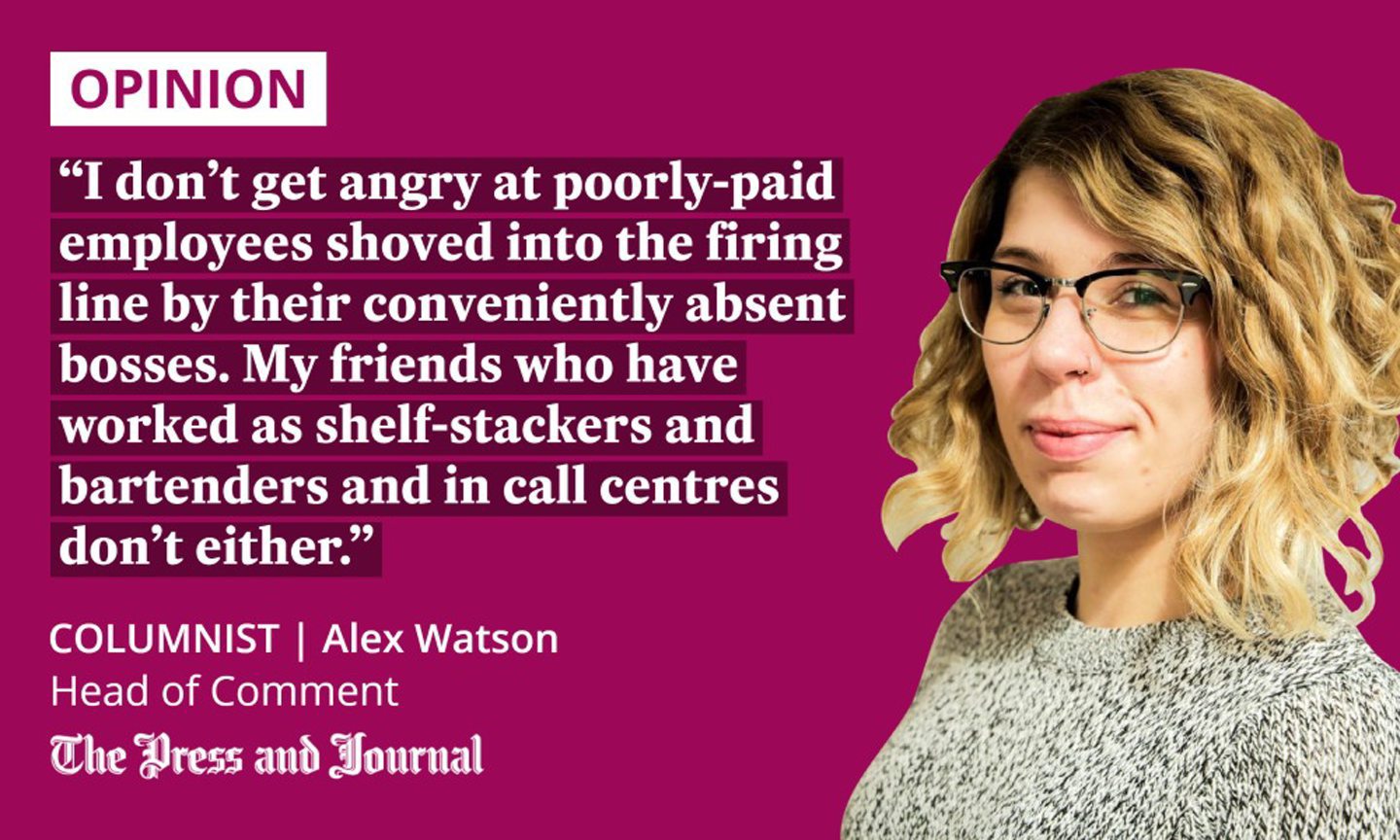
Still, they were a refreshingly easy-going lot, my VIPs. I don’t remember any drama, just trotting the occasional plate of food back and forth from the kitchen. I think I might have pulled one pint during the entire five days.
The relaxed atmosphere was a relief, because – apart from working behind the bar at T in the Park the weekend before the Open (serving a comically different crowd) – I’d never had a hospitality job before, and I’d heard plenty of horror stories from friends and family.
‘Great food, terrible service’
I had to laugh last week when I saw buzz online about a chain of restaurants called Karen’s Diner. The first one opened in Sydney last year, but there are now several branches across Australia, two in England, and more planned for the US and Canada.
What a fabulous night at Karen’s diner in Sheffield last night. Not for the easily offended, absolute blast from start to finish! Took a right bashing 😂 @karensdiner pic.twitter.com/EEWkLS80FA
— Emma Richards (@EmmaRlchards) July 16, 2022
Named after the “Karen” stereotype – generally a white, middle-aged woman who is exceptionally rude to staff in low-paying customer service roles and always demands to speak to a manager – the gimmick is: “great food, terrible service”.
Essentially, you go to Karen’s Diner to be treated badly by employees, though you’re also encouraged to act like a Karen yourself. It sounds like hell to me, as a punter. But, as a surviving minimum-wage worker, the idea of being encouraged to sound off at awful customers at work is pretty appealing.
Run-of-the-mill rudeness became normal
Retail was my realm – I worked in shops from being 17 until I was in my mid-twenties, even after I’d started getting freelance shifts as a journalist. I liked being kept on my feet and jogging up and down stairs to the stockroom, rather than sitting behind a desk all day. I liked my colleagues and the feeling of camaraderie we fostered. I first flirted with my now husband while we both stood behind a till.
To borrow a quote from Kevin Smith’s Clerks: “This job would be great if it wasn’t for the f***ing customers.”
The customer is always right, you see, so I was never able to set them straight, or I’d have lost my job
I didn’t like being screamed at by grown adults because their gift vouchers had expired. I didn’t like feeling as though I had to smile politely while a man at least 10 years older than me refused to leave the shop until I took his phone number.
I didn’t like it when a (different) man stopped me mid-sentence during a one-on-one sales appointment to ask if I’d ever considered having surgery to change my eye colour. I promise I’m not making this up.
And, yes, there was plenty of run-of-the-mill rudeness, too – judgemental mutterings, tuts and eyerolls. A sense that some of these strangers who knew nothing about me automatically considered themselves superior, purely because I was wearing a name badge and they were not.
The customer is always right, you see, so I was never able to set them straight, or I’d have lost my job.
Don’t be a Karen
Some people were nice, though – of course they were. At my first job, a few regulars would bring in sweets for the staff, as well as buying stock to keep our employer afloat. And, I still remember one couple who went out of their way to give me lovely feedback after I’d helped them.
But, really, all I wanted was to be treated like a human being. Please, thank you, a smile. No inappropriate comments. No shooting the messenger when the messenger has to politely relay the unfortunate information that there are supply issues.
I’m by no means suggesting that bad customer service doesn’t exist. Obviously I get frustrated in shops and restaurants and bars myself sometimes.
But, I don’t get angry at poorly-paid employees shoved into the firing line by their conveniently absent bosses. My friends who have worked as shelf-stackers and bartenders and in call centres don’t either. Most of us have been there.
Sometimes, it’s glaringly, embarrassingly obvious when someone hasn’t done their time in retail or hospitality. That’s why I think everybody should, at least for a little while. We might end up with fewer Karens as a result.
Alex Watson is Head of Comment for The Press & Journal and always says please and thank you
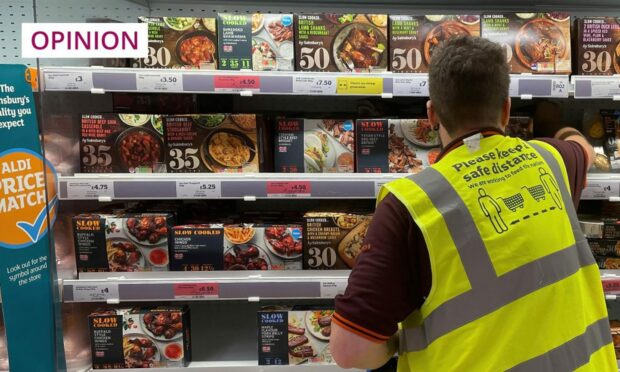


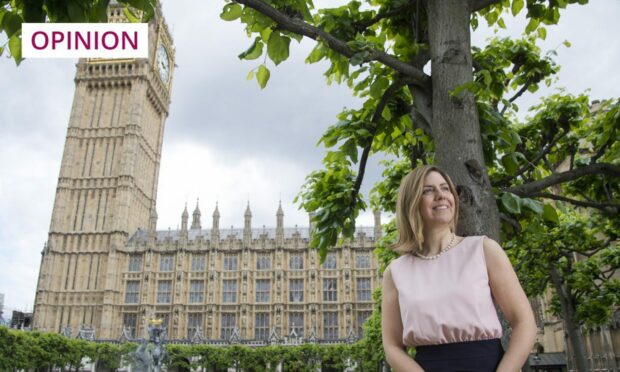
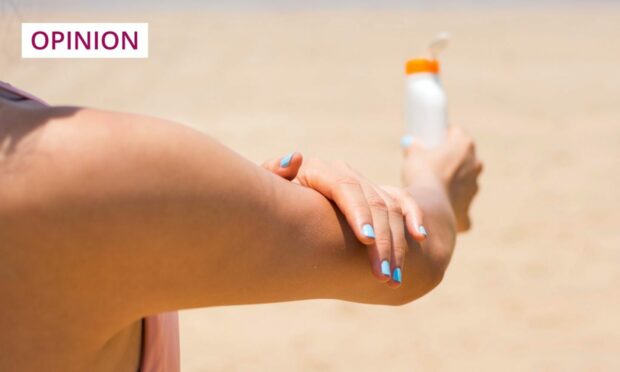


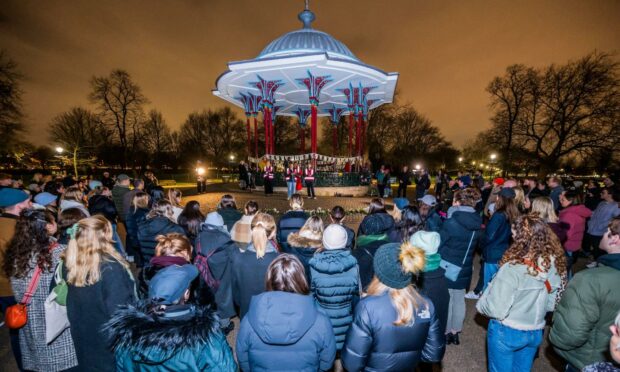
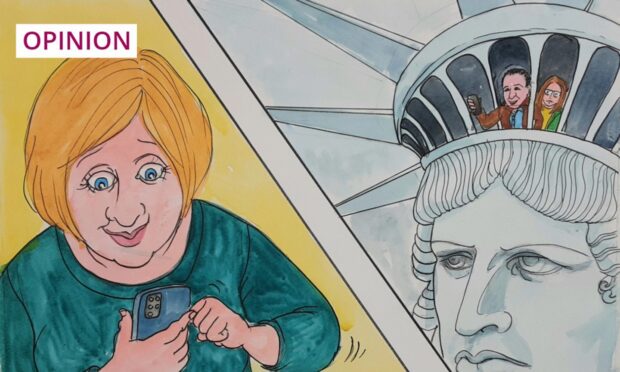


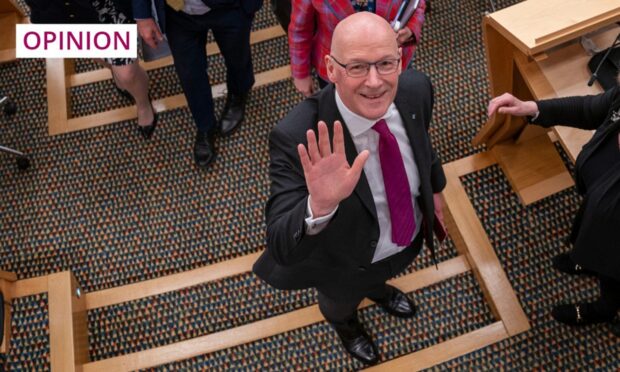
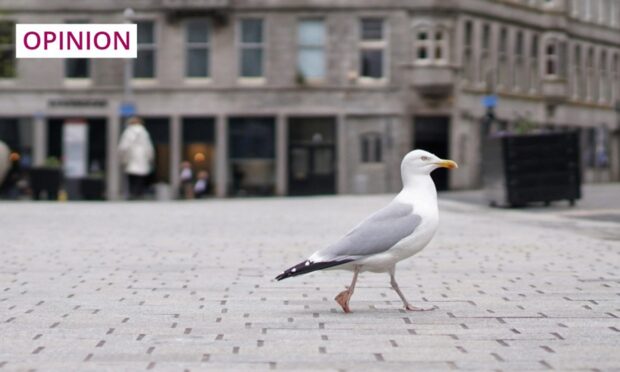


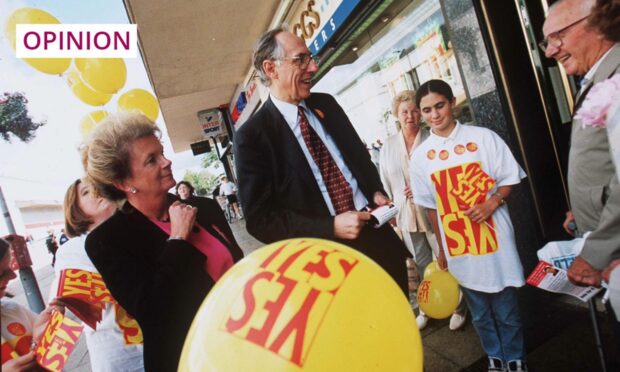
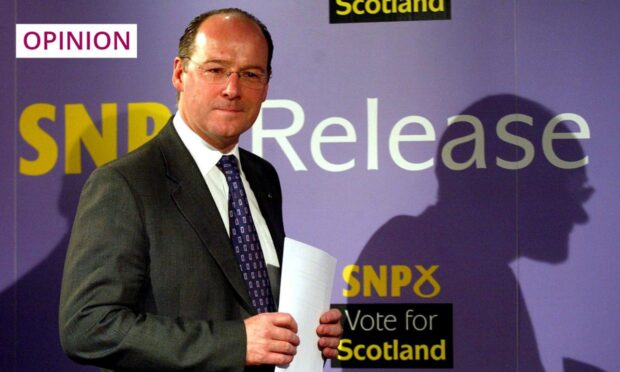
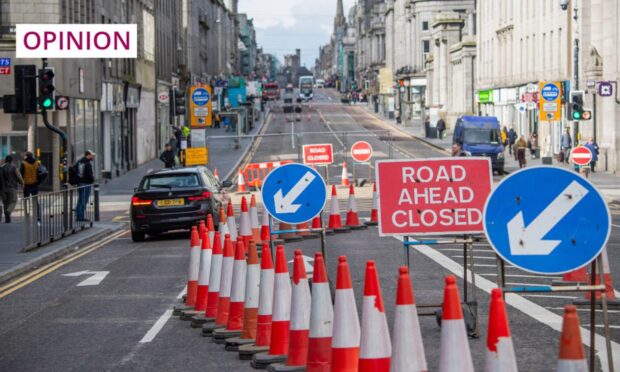
Conversation